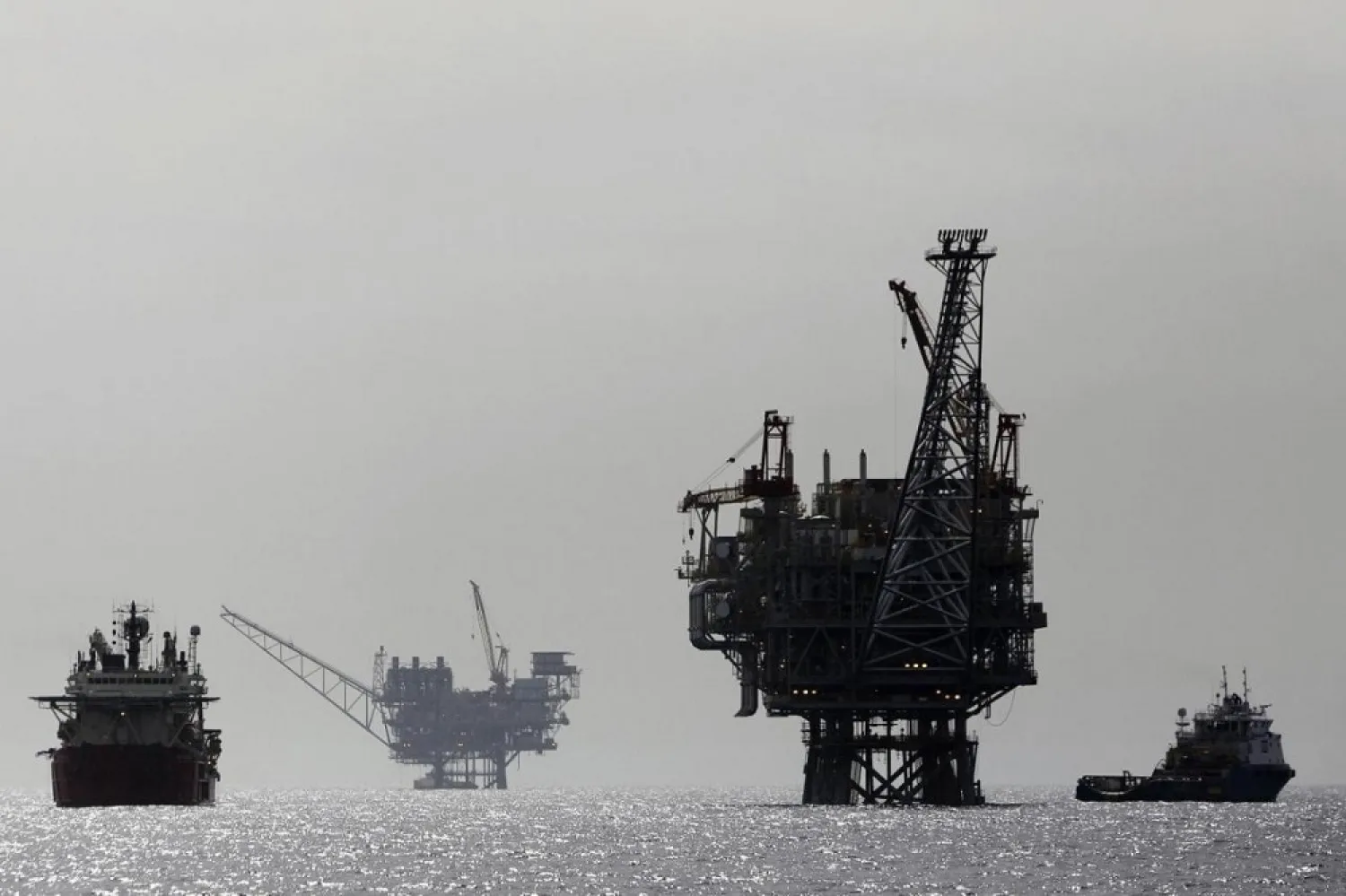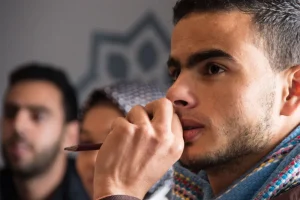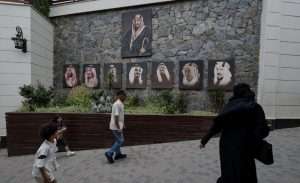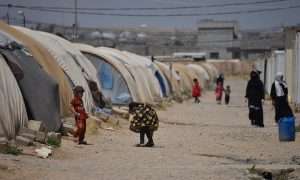Tunisia: Challenges lurking in the economy for Saïed’s new term
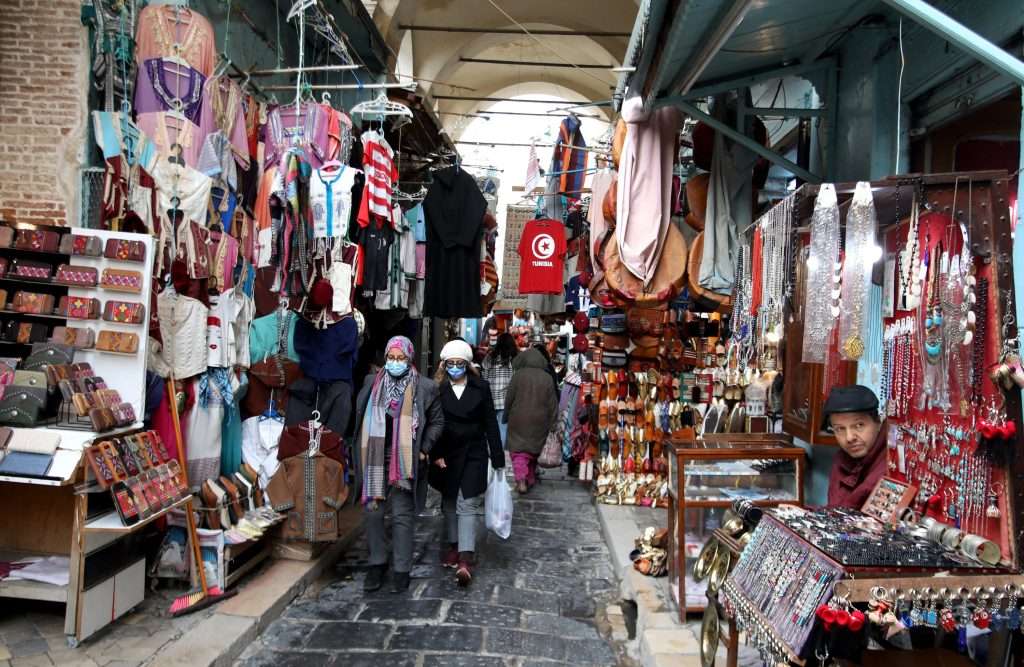
The economy still poses major challenges for Tunisia and its re-elected president Kaïs Saïed, according to AfricaNews.
Public debt, unemployment and inflation continue to loom large in the country’s economic outlook.
According to AfricaNews, Tunisia’s debt has risen to 71% of GDP, largely due to development model focused on public investment.
Despite signs of improvement, such as inflation has falling to 6.7%, unemployment remains high at 16%.
Sluggish growth also troubles the nascent presidential republic, with the GDP growth rate having reached only 1% in the second quarter of 2024.
READ: Voting ends in Tunisia election
For Tunisians, the economic crisis has seen basic services, such as water and electricity, degrade and food shortages become common place.
Supermarket shelves are often empty and power cuts are a daily reality.
Dependence on foreign aid and tourism revenues has also limited the country’s ability to recover independently.
Encouraging domestic savings and entrepreneurship will be essential steps in building a sustainable economic future, according to AfricaNews.
Recently Tunisian lawmakers proposed a bill that would end the country’s central bank’s power to adjust interest rates and foreign exchange policy.
READ: Tunisian MPs propose stripping central bank of interest rate power
According to the Arab Weekly and agencies, the law that was recommended on 18th October would mean the central bank could only make changes in consultation with the government, although it would still be able to finance the treasury.
27 lawmakers warned that the country would go bankrupt if the law wasn’t changed.
They said the current law, which has been in place since 2016, doesn’t allow the central bank to make either loans to the public treasury or direct bond purchases, and has led to huge losses for the state estimated at $36.6 billion.
Last year Saied rejected the independence of the central bank, saying it should lend directly to the state treasury to avoid costly loans through banks.
This January, Tunisia’s government asked the central bank to provide $2.25 billion of direct funding to the treasury in order to fill a budget deficit.
Marouan Abassi, former, central bank governor, warned that buying treasury bonds included risks, including upward pressure on inflation, and a drop in the value of the country’s currency.
Abassi was replaced earlier this year with Zouhair Nouri.
AfricaNews, Arab Weekly and agencies
Want to chase the pulse of North Africa?
Subscribe to receive our FREE weekly PDF magazine







